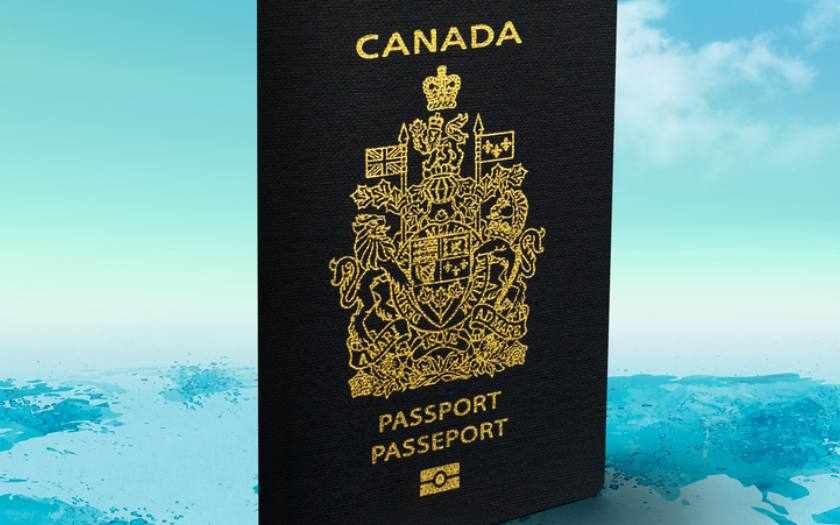
BY: HUI ZHANG [CICC ID: R524643]
Finding and using case law is an essential skill for immigration practitioners.
This article introduces a case that interprets three important immigration matters: the task of a pre-removal risk assessment officer, the Minister’s obligation under section 25.2 of IRPA, and section 7 of the Charter analysis principles.
Mr. and Mrs. Tapambwa are a couple from Zimbabwe who both served in the Zimbabwe National Army. They claimed refugee protection in Canada in 2011. The Refugee Protection Division (RPD) concluded that there were serious reasons to believe that they were complicit in crimes against humanity committed by the Zimbabwe National Army and thus were excluded from refugee protection. The RPD also concluded that neither they nor their children would face a personalized risk to their lives or to cruel and unusual treatment. Therefore, the RPD refused their refugee claims on the basis that they are neither Convention refugees prescribed in section 96 of IRPA nor persons in need of protection prescribed in section 97 of IRPA.
They were also found inadmissible for crimes against humanity and were issued a removal order by the Immigration Division (ID). When faced with the removal order, the couple applied for a pre-removal risk assessment (PRRA). The PRRA officer conducted a restricted PRRA, which was based on the risks prescribed in section 97 of IRPA and whether they were a danger to the security of Canada. Their PRRA was refused on the grounds that they would not face the risks enumerated in either Convention refugee or person in need of protection.
Click here to read the full article











Write a comment ...